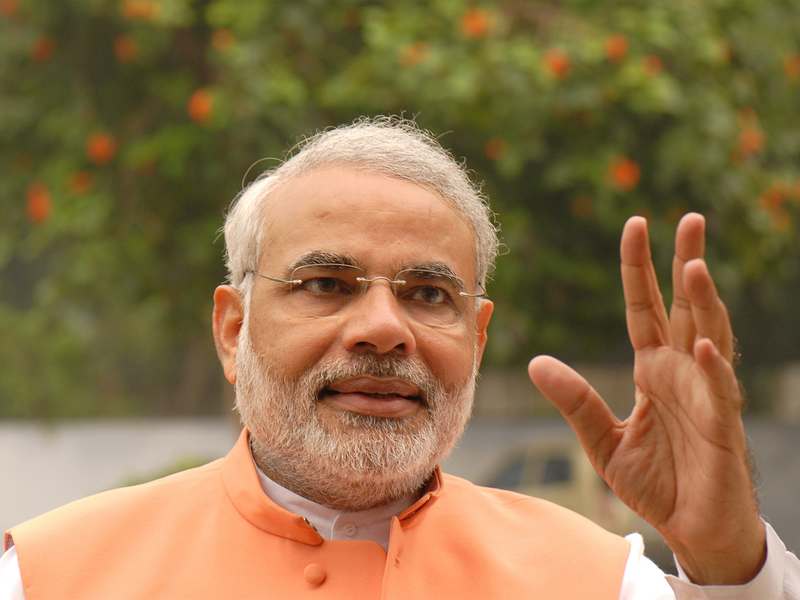 In the early 1990s, the Soviet Union broke up and started making a transition from being a communist economy to a more market focused economy. At this point of time, a British economist named Paul Seabright came visiting.
In the early 1990s, the Soviet Union broke up and started making a transition from being a communist economy to a more market focused economy. At this point of time, a British economist named Paul Seabright came visiting.
He had a very interesting experience which Felix Martin recounts in Money—The Unauthorised Biography. The director of bread production of the city of St. Petersburg asked Seabright a very interesting question.
This gentleman was trying to understand how the new system (i.e. a more market focussed economy, which wasn’t like the old system) worked. He asked Seabright, “Please understand that we are keen to move toward a market system … but we need to understand how such a system works. Tell me, for example who is in charge of the supply of bread to the population of London?”
Now anyone who understands how a market works would know that nobody is really in-charge. It works because of the efforts of multiple people trying to further their own interest. As Adam Smith, the original economist, wrote: “It is not from the benevolence of the butcher, the brewer, or the baker that we expect our dinner, but from their regard to their own interest.”
And this best explains how a product is made and makes it to the market. In fact, even the simplest product involves many people working towards their interest and is beyond one individual. As Matt Ridley writes in The Evolution of Everything: “Among the myriad of people who contribute to the manufacture of a simple pencil, from graphite miners and lumberjacks to assembly-line workers and managers, not to mention those who grow coffee that each of these drinks, there is not only person who knows how to make a pencil from scratch.”
A pencil gets made because of the selfish interests as well as cooperation and knowledge of many people. Or let’s take the example of something as simple as ink. As Donald J Boudreaux writes in The Essential Hayek: “Consider the ink. Where does it come from? Its colour comes from a dye made from chemicals that were extracted from roots, berries, or bark. Who found those roots, berries or bark? That person had to know which specific roots, berries or barks to find. Most roots, berries, and bark won’t work. And just how are the colouring chemicals extracted from vegetation? Today the extraction is done through a complex process involving a mix of industrial chemicals and complicated machinery. The dye is then mixed with water, resins, polymers, stabilizers and preservatives.”
This is just one set of expertise required to make ink. Then you require people who can run machines who can extract the colourings. Another group of people to mix the extracted chemicals with other ingredients. Machines run on electricity, so you need electricians to equip the factory with electrical wiring. And so on.
The point being making even simple things is essentially a complicated thing beyond the capabilities of a single individual. As Bordeaux writes: “To make even one vial of the simplest and least-expensive modern ink requires the knowledge and efforts of many, many people…No single person knows more than a tiny fraction of all that there is to know about how to make ink.”
Many people specialise in many areas for a product to be made. And this specialisation leads to economic prosperity as well as innovation. As Ridley writes: “Specialisation, accompanied by exchange, is the source of economic prosperity…Leave people free to exchange ideas and back hunches, and innovation will follow. So too will scientific insight.”
The trouble is most governments do not understand this, given that it is not in their control. And they try to do too many things to create economic prosperity given that governments are meant to do things. What they do not do is to allow specialisation, exchange and innovation, to flourish.
(Vivek Kaul is the author of the Easy Money trilogy. He can be reached at [email protected])
The column appeared in Bangalore Mirror on April 20, 2016
